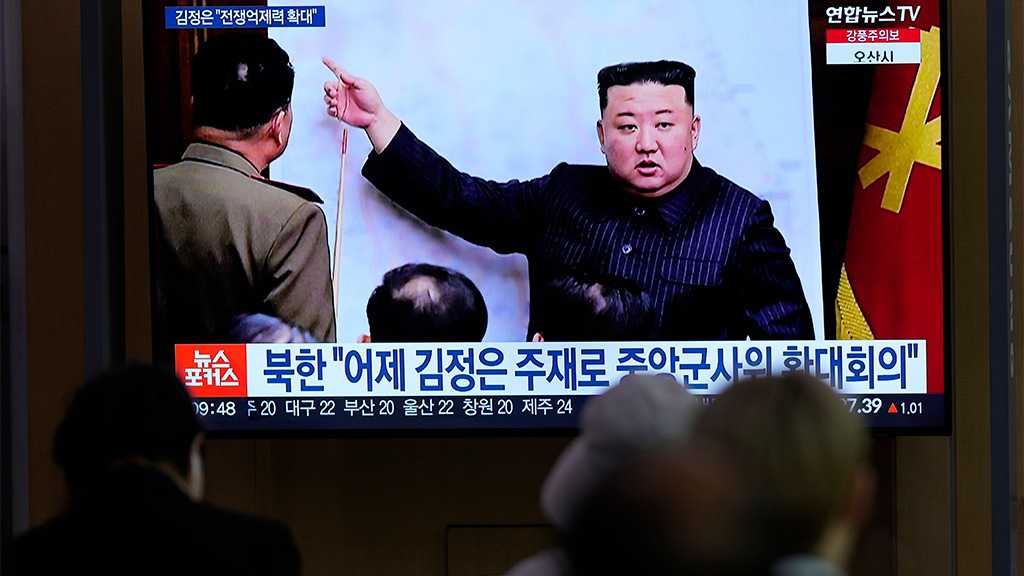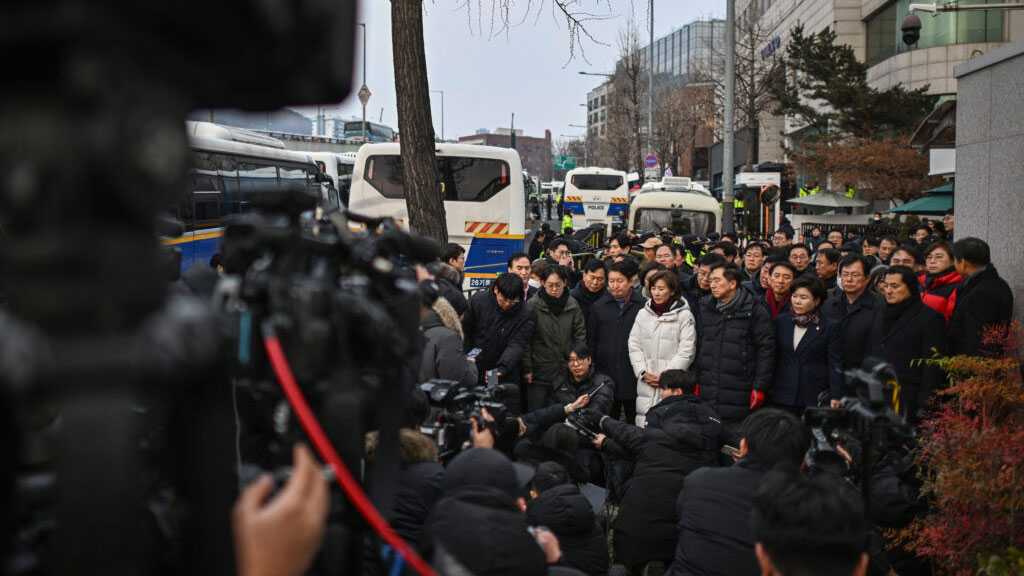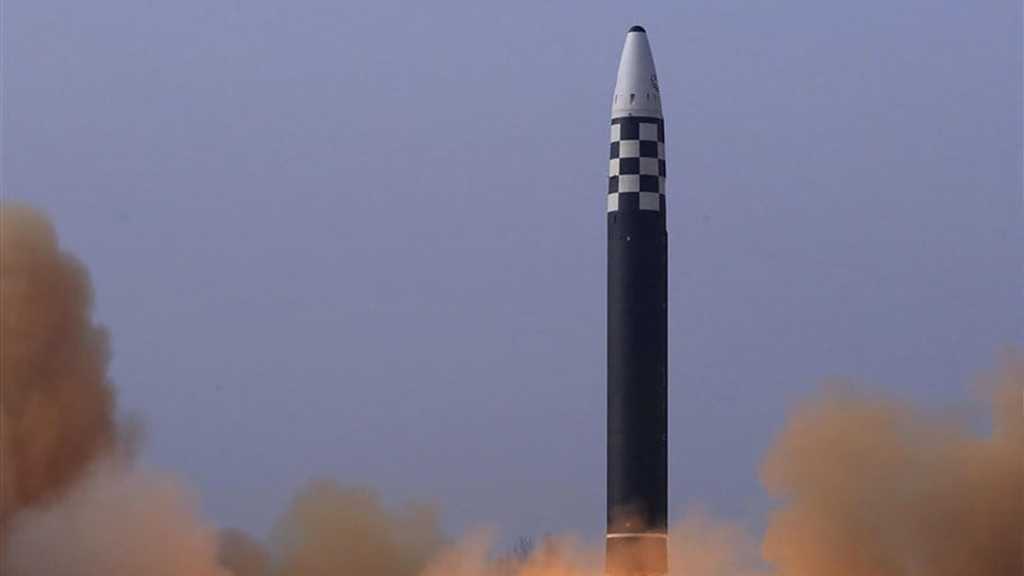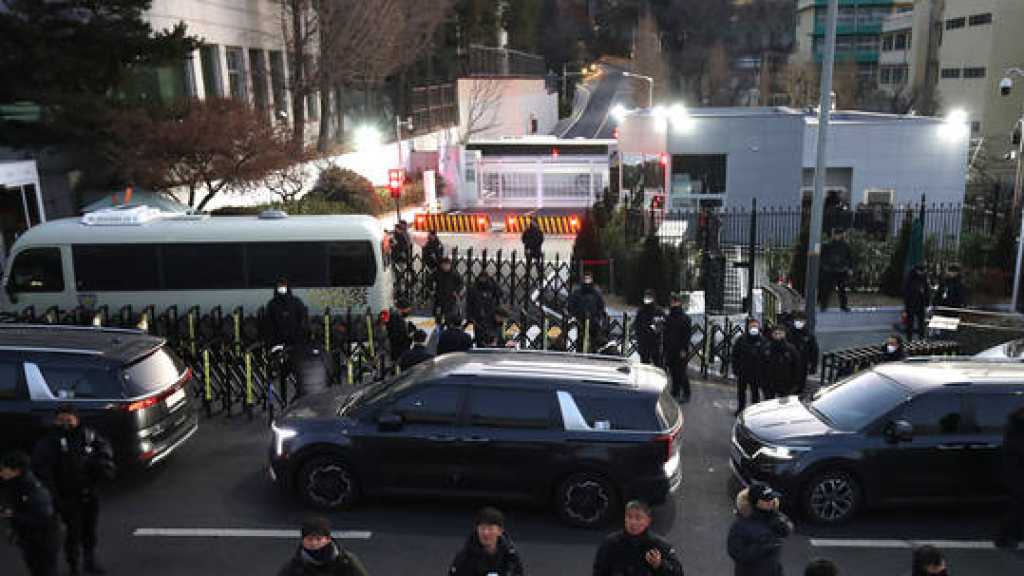
North Korea Fires ICBM, Prompts Evac Order for Japan’s Hokkaido Region

By Staff, Agencies
An intercontinental ballistic missile [ICBM] was launched by North Korea early Thursday toward the Sea of Japan, going on to momentarily prompt an evacuation order for residents of Japan's Hokkaido.
An initial analysis conducted by South Korea's Joint Chiefs of Staff revealed that the launch of an intermediate or longer-range ballistic missile was detected about 7:23 a.m. local time, and fired from the Pyongyang area.
Japanese Prime Minister Fumio Kishida detailed that the missile landed outside Japan's territorial waters. It remains unclear the distance the projectile traveled and at what altitude.
The launch, which was also confirmed by the Japanese government, briefly prompted Japanese officials to issue an evacuation order for residents in the Hokkaido region after it was suspected the projectile would land near the northernmost territory.
A notification message issued by the government at the time read: "Emergency evacuation. Emergency Evacuation. Immediately evacuate indoors or to basement rooms. The missile will fall into the sea near Hokkaido Island at 8:00 a.m. [local time, 23:00 GMT on Wednesday]. Evacuate immediately."
Japan has since convened a meeting of its National Security Council in the wake of the launch. No details have emerged of any material damages caused by the missile.
The Thursday launch comes as North Korea stopped responding to regular calls from its southern neighbor via inter-Korean communication channels for several days. Both North and South Korea typically hold two calls per day.
However, the quiet lines are not unprecedented as the two Koreas have on more than one occasion temporarily halted communications. In fact, such incidents more recently occurred between June 2020 and June 2022 for reasons ranging from technical glitches to clipped diplomatic ties.
Amid the latest stretch of silence on the Korean Peninsula, North Korea vowed on Monday that it would "expand and strengthen" its offensive deterrence capabilities to combat growing pressures by Western governments.
The announcement itself appeared to be a response to ongoing joint military drills between the US and South Korea, of which included the participating of B-52 bombers. North Korean officials explained in their Monday determination that the drills suggested a need to kick up the country's national security abilities.
The launch marks the ninth ballistic missile fired by North Korea since the start of 2023. The year prior, the DPRK completed 37 ballistic tests.
Comments
- Related News



